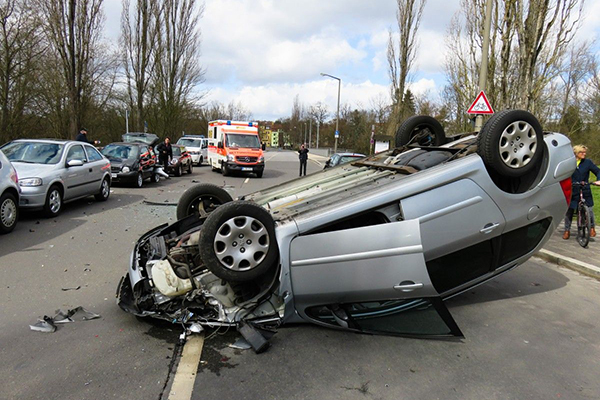Innovative proposal for the design of passive vehicle safety

In recent years, passive vehicle safety — the systems designed to protect the driver and passengers in the event of a collision — has become one of the automotive industry’s main concerns, owing to the considerable growth in car use as an everyday means of transport. Because full-scale crash tests are financially costly, simulations are generally employed instead; however, these involve high computational expense and lengthy run-times.
Researchers from the Information Processing and Telecommunications Center (IPTC) at the Universidad Politécnica de Madrid (UPM), in collaboration with the Passive Safety Department at BMW and the Bundeswehr University Munich (UNIBW), have proposed an innovative approach to passive vehicle safety design using deep learning — an artificial intelligence (AI) method that teaches computers to process data in a way inspired by the human brain. As a result of their work, the researchers have developed a tool that could mark a milestone in the passive safety design process by significantly reducing both the cost and the simulation time.
The study proposes the use of deep neural networks to provide reliable approximations of the finite element models used in crash tests. While finite element simulations are accurate, they require high computational costs and lengthy simulation times. In contrast, deep learning models can drastically reduce these costs and times, offering a feasible first approximation of passenger injuries in a crash event.
Moreover, one of the deep learning models used not only delivers accurate predictions but also estimates the uncertainty of its results. This capability allows researchers to identify critical situations where small changes can significantly affect crash severity, aiding in the detection of designs that are more sensitive to impact.
The data used in the study come from crash simulations conducted by BMW’s Passive Safety Department. The researchers have made both the data and the code required to replicate their results publicly available, thus encouraging further research in this field.
“The development of this deep learning-based method represents a significant step forward in improving passive vehicle safety design, with potential benefits for the industry,” the researchers point out. Furthermore, “it offers a feasible first approximation of passenger injuries in an accident, which could mark a turning point in the vehicle safety design process,” concludes Juan Parras Moral, a researcher from the UPM who participated in the project.
Bibliographic reference: Mar Lahoz Navarro, Jonas Siegfried Jehle, Patricia A. Apellániz, Juan Parras, Santiago Zazo, Matthias Gerdts. Deep Learning as a New Framework for Passive Vehicle Safety Design Using Finite Elements Models Data. Applied Sciences, 2024, 14(20), 9296.
https://doi.org/10.3390/app14209296
Source: Press room, Researcher news: https://short.upm.es/p8kem, published in its original source on 7 of February 2025
Share this:
Latest news



Categories

